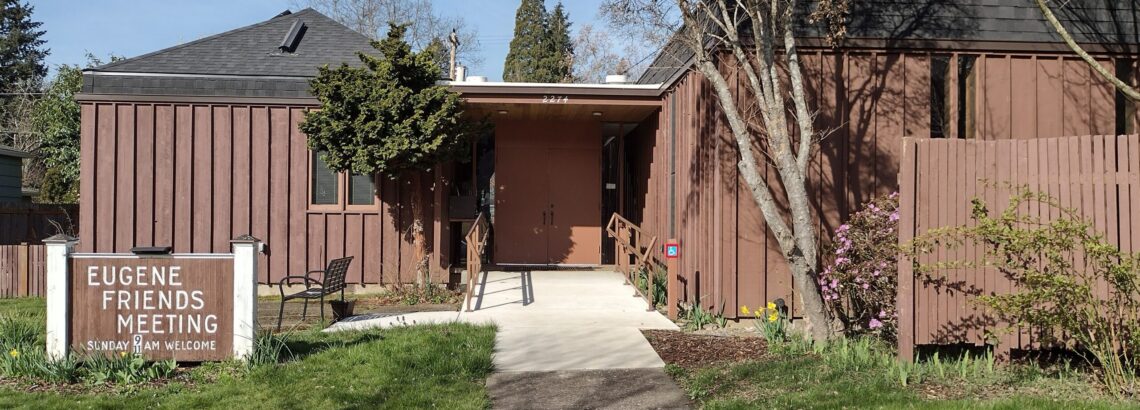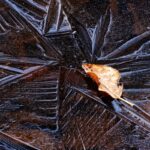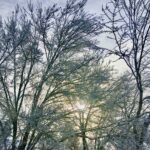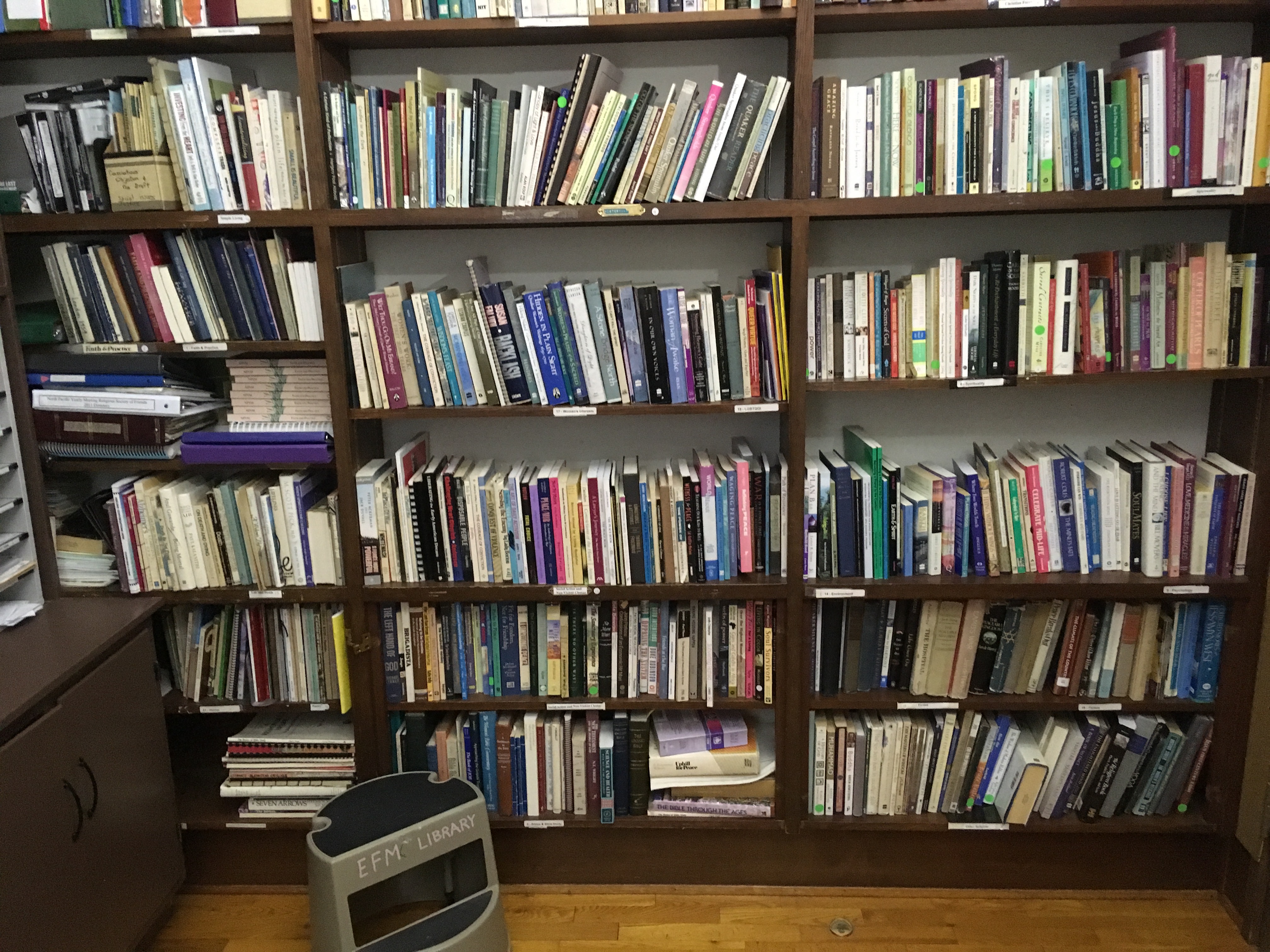TRUE RELATIONSHIP WITH BIRDS
Besides their intrinsic value as members of the Natural World, birds play many crucial roles in our ecosystems — including pest control, pollination, and seed dispersal — and are essential to human welfare. With an estimated 1,200 species facing extinction over the next century, and many more suffering from severe habitat loss, we must feel the impulse… (read more)





